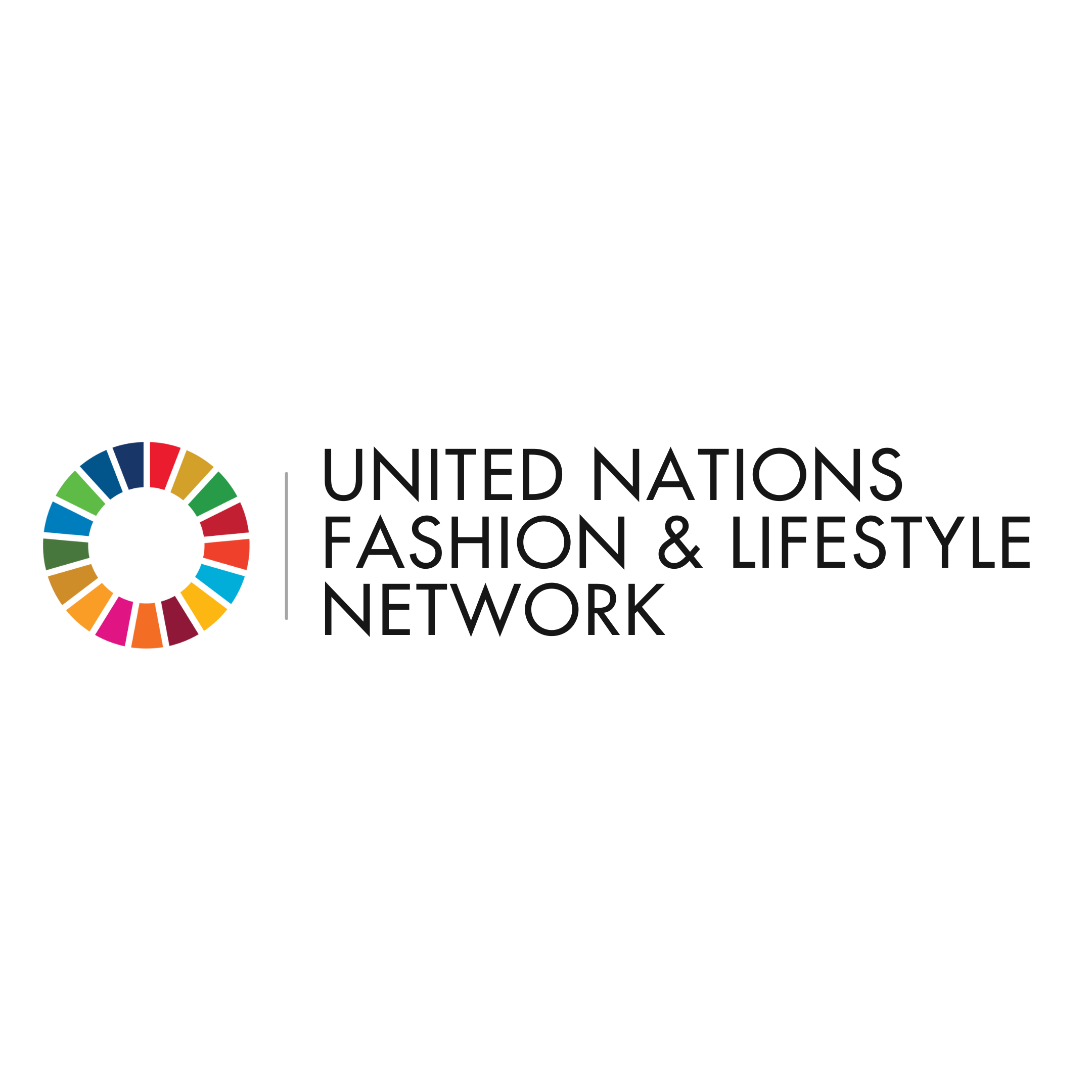Sustainable Fashion Week US
Sustainable Fashion Week US
(
Other relevant actor
)
#SDGAction46252
Description
Sustainable Fashion Week (SFW) US was launched in 2019 as a platform to bring awareness to the ongoing problem of over consumption and fast fashion. SFW provides a voice to emerging sustainable designers, alternative methods of clothing production, sustainable fashion construction genres, embellishment techniques, and shopping options. The bi-annual event focuses on how we can still be fashionable at no cost to our planet. Designers showcase recycled, repurposed, renewable, reusable, and eco-friendly options for creating clothing that offers real solutions to the crisis engulfing the fashion industry.
A bi-annual event is our main focus where the 4-day event hosts an array of ways to be sustainable. It largely encompasses a panel, a designer showcase, a workshop and a swap. Designer showcases involve new designers displaying garments to build confidence in work. Sustainable workshops allow new designers to host events to build expertise. Curated panels bring all levels of expertise together to build community. Swap Across America is an event that educates options outside of shopping. Lastly, House of BAV- which is a store where all participants can sell their products to build clientele and learn skills such as marketing, branding and many more.
The organization facilitates knowledge in-person and virtual through various masterclasses, contests, workshops, panels and showcases. Strategies for capacity building include collaboration planning, leadership development and peer learning. Technology transfer is facilitated via a partnership with Rutgers.
SFW’s strategy is embedded across its events all around the year – with the main focus being on the bi-annual fashion week event where the 4 days are a mix of education, awareness and fashion. SFW US has a committee of five individuals, in addition to its Founder and Co-Founder. All events, workshops and collaborations are discussed and determined by committee on whether it grows our platform in all the right ways.
Practice with multifaceted evaluation techniques, including participatory, forward-looking, attentive to leadership development, respectful of the culture of co creating, community-based engagement, accessibility. Knowledge sharing across types of projects, strengthening participant capacity for implementing, developing components tailored to measuring and supporting institutional capacity development.
BK Style Foundation , Swap Across America , Global Fashion Exchange, Materials for the Arts
SDGS & Targets
Goal 12
Ensure sustainable consumption and production patterns
12.1
Implement the 10-Year Framework of Programmes on Sustainable Consumption and Production Patterns, all countries taking action, with developed countries taking the lead, taking into account the development and capabilities of developing countries
12.1.1
Number of countries developing, adopting or implementing policy instruments aimed at supporting the shift to sustainable consumption and production
12.2
By 2030, achieve the sustainable management and efficient use of natural resources
12.2.1
Material footprint, material footprint per capita, and material footprint per GDP
12.2.2
Domestic material consumption, domestic material consumption per capita, and domestic material consumption per GDP
12.3
By 2030, halve per capita global food waste at the retail and consumer levels and reduce food losses along production and supply chains, including post-harvest losses
12.3.1
(a) Food loss index and (b) food waste index
12.4
By 2020, achieve the environmentally sound management of chemicals and all wastes throughout their life cycle, in accordance with agreed international frameworks, and significantly reduce their release to air, water and soil in order to minimize their adverse impacts on human health and the environment
12.4.1
12.4.2
(a) Hazardous waste generated per capita; and (b) proportion of hazardous waste treated, by type of treatment
12.5
By 2030, substantially reduce waste generation through prevention, reduction, recycling and reuse
12.5.1
National recycling rate, tons of material recycled
12.6
Encourage companies, especially large and transnational companies, to adopt sustainable practices and to integrate sustainability information into their reporting cycle
12.6.1
12.7
Promote public procurement practices that are sustainable, in accordance with national policies and priorities
12.7.1
Number of countries implementing sustainable public procurement policies and action plans
12.8
By 2030, ensure that people everywhere have the relevant information and awareness for sustainable development and lifestyles in harmony with nature
12.8.1
Extent to which (i) global citizenship education and (ii) education for sustainable development are mainstreamed in (a) national education policies; (b) curricula; (c) teacher education; and (d) student assessment
12.a
Support developing countries to strengthen their scientific and technological capacity to move towards more sustainable patterns of consumption and production
12.a.1
Installed renewable energy-generating capacity in developing and developed countries (in watts per capita)
12.b
Develop and implement tools to monitor sustainable development impacts for sustainable tourism that creates jobs and promotes local culture and products
12.b.1
Implementation of standard accounting tools to monitor the economic and environmental aspects of tourism sustainability
12.c
Rationalize inefficient fossil-fuel subsidies that encourage wasteful consumption by removing market distortions, in accordance with national circumstances, including by restructuring taxation and phasing out those harmful subsidies, where they exist, to reflect their environmental impacts, taking fully into account the specific needs and conditions of developing countries and minimizing the possible adverse impacts on their development in a manner that protects the poor and the affected communities
12.c.1
Amount of fossil-fuel subsidies (production and consumption) per unit of GDP
SDG 14 targets covered
| Name | Description |
|---|
Deliverables & Timeline
Introduce Swap Across America to every state in US.
Create New way of manufacturing for Upcyclers.
Have Student Designer Participants Lead Platform.
Mobile House of BAV.
Resources mobilized
Partnership Progress

Feedback
Action Network

Timeline
Entity
SDGs
Region
- Global
Geographical coverage
Other beneficiaries
Students, Independent Sustainable Designers, Vintage Collectors/Resellers, Emerging Sustainable Designers, Small Sustainable Brands, Educational Institutions, Local Artisans
More information
Countries
Contact Information
Nikita Shah, Operations Manager

